Penny Lane signs defaced in Liverpool over slavery claims
- Published
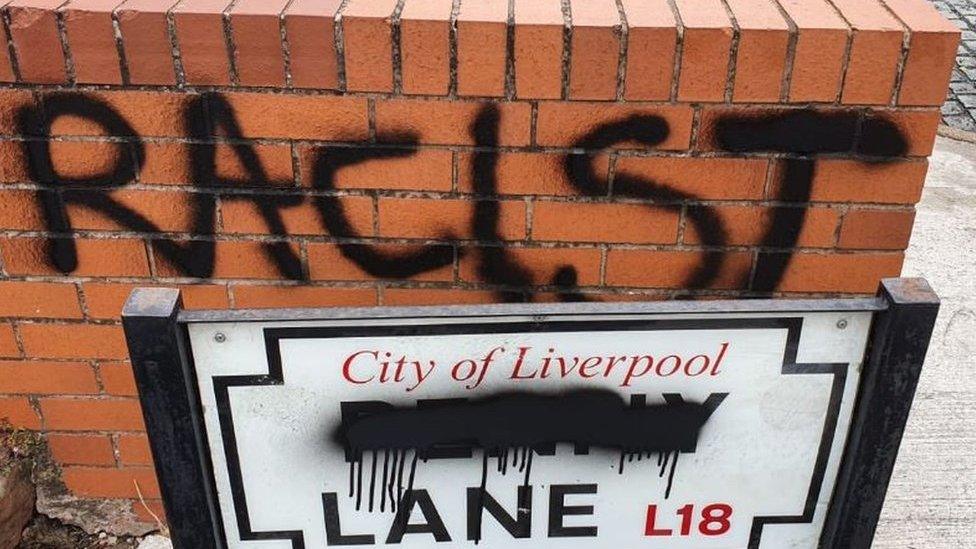
The road signs on Penny Lane were attacked overnight on Thursday
Road signs on Penny Lane in Liverpool have been defaced over claims they are linked to slave merchant James Penny.
The markers had the word Penny blacked out and the word racist written above them on Thursday night.
The city's International Slavery Museum said it was not certain whether the street, which was immortalised in a song by The Beatles in 1967, was named after the 18th Century slave merchant.
A spokeswoman said "more research is needed" to clarify the name's origin.
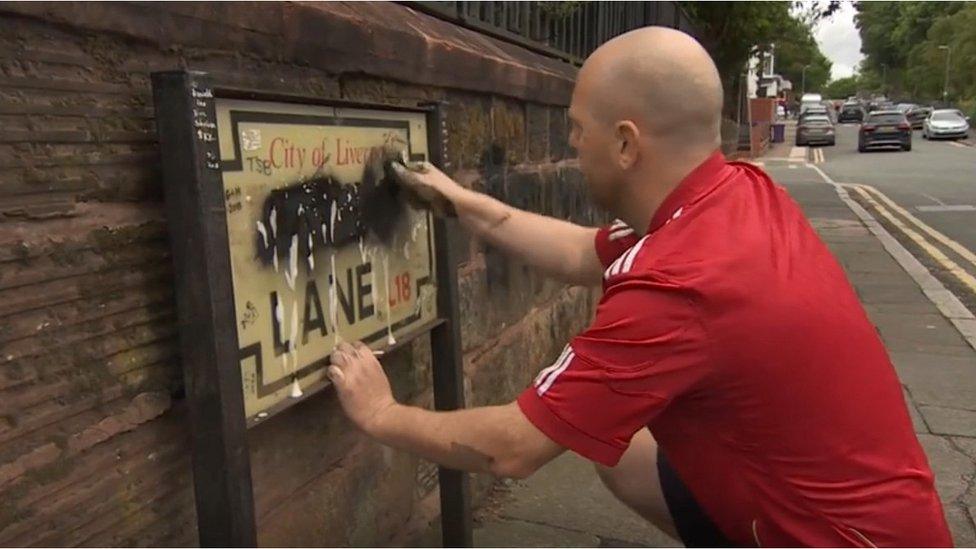
City tour guide Jackie Spencer, who runs Blue Badge Tour Guides, said she was "absolutely livid".
"It's pure ignorance," she said.
"We've researched it and it has nothing to do with slavery. James Penny was a slave trader, but he had nothing to do with the Penny Lane area."
Local resident Emmett O'Neill, who has helped clean the paint from the signs, said he thought it was "an idiotic act".
"If you want something removed, there's ways and means," he said.
"Defacing Penny Lane signs isn't going to change a lot [and] it's the wrong way to go about things."
Several of the road's signs already had a large amount of graffiti on them, much of it Beatles-related, with one even bearing the signature of Sir Paul McCartney.
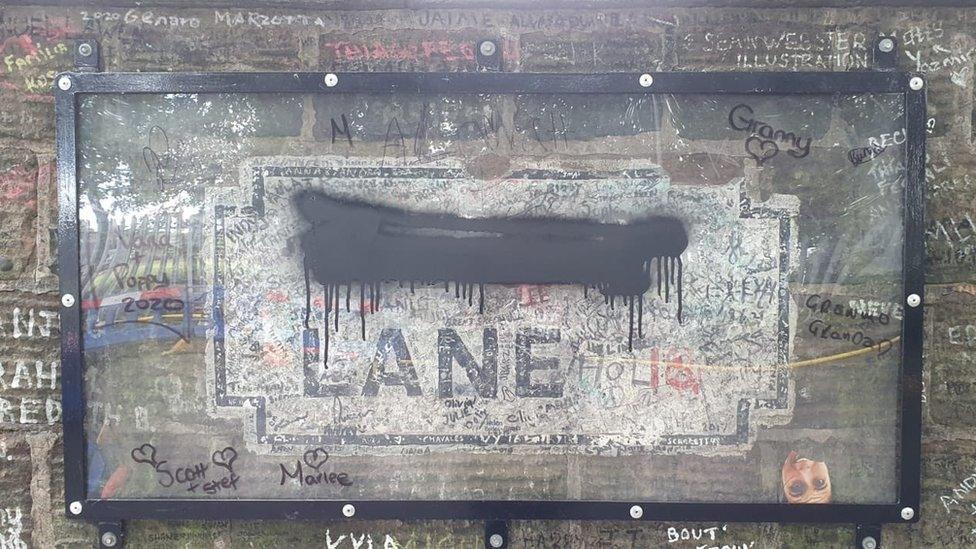
Liverpool's International Slavery Museum said the link to James Penny was "not conclusive"
Liverpool City Council was criticised by historian Laurence Westgaph on Monday for "not doing enough" to acknowledge the city's links with slavery.
Mr Westgaph said he understood the actions, but added residents should "talk to the council and demand certain things that should have been changed years ago".
The city's mayor, Joe Anderson, said he was "frustrated" by the "defacement of our street signs".
"[It] does nothing to further advance the argument and the debate around Black Lives Matter here in Liverpool," he said.
"It isn't just about the artefacts and street names, it's also about how we change the fundamental things that are causing disadvantage and inequality within our city."

Who was James Penny?
Liverpool merchant James Penny captained 11 voyages carrying slaves and had his own shipping company, James Penny & Co
He was one of several Liverpool traders who spoke in favour of slavery at a parliamentary inquiry into the slave trade set up in 1788
In evidence, he claimed slaves on his ships were allowed to play games, dance and sing and would "sleep better than the gentlemen do on shore"
When Penny returned to Liverpool, the city's corporation, which was dominated by those with slaving interests, presented him with a silver-plated table centrepiece in gratitude

Liverpool was Europe's most used slave port by 1740 and many of its streets have names linked to slavery.
However, the International Slavery Museum, which includes Penny Lane in its display of street names linked to slavery, said the evidence linking Penny Lane to James Penny was "not conclusive".
"We are actively carrying out research on this particular question and will re-evaluate our display and change if required," a spokeswoman added.
- Published8 June 2020
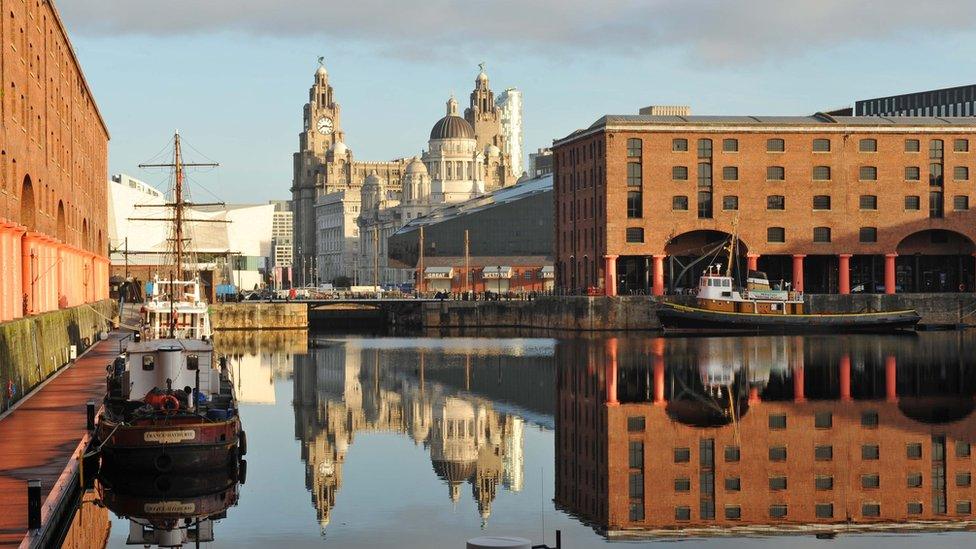
- Published3 June 2020

- Published3 June 2020
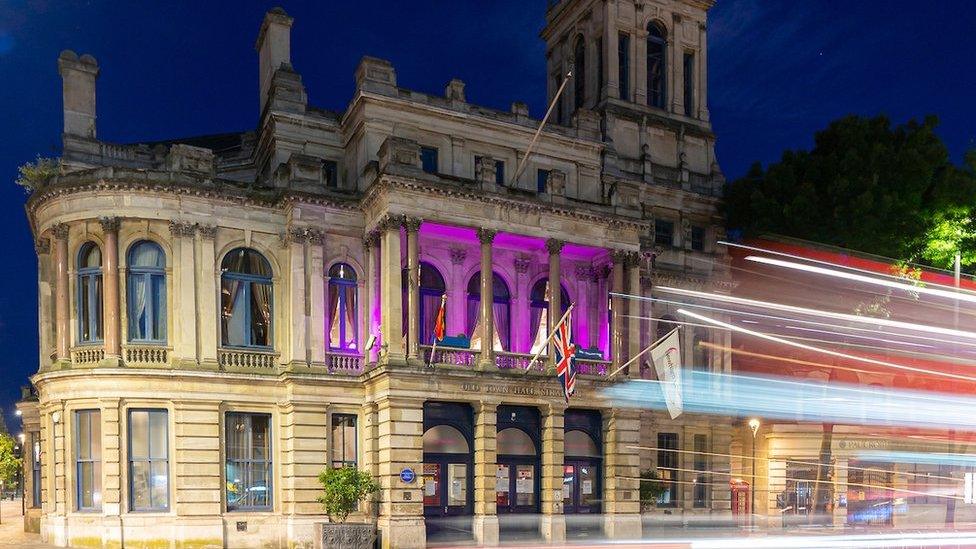
- Attribution
- Published1 June 2020
